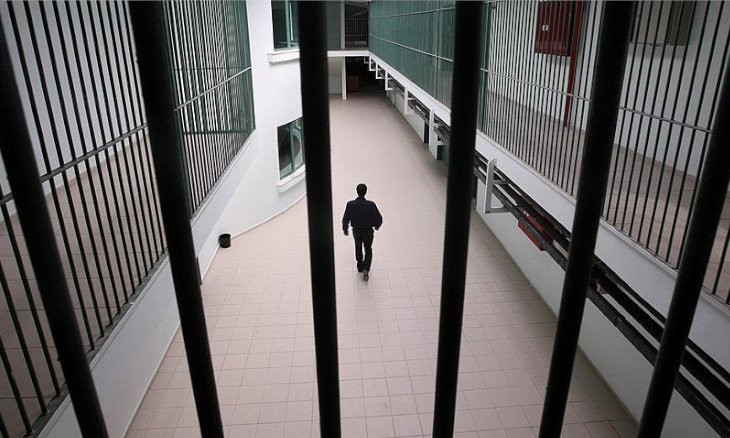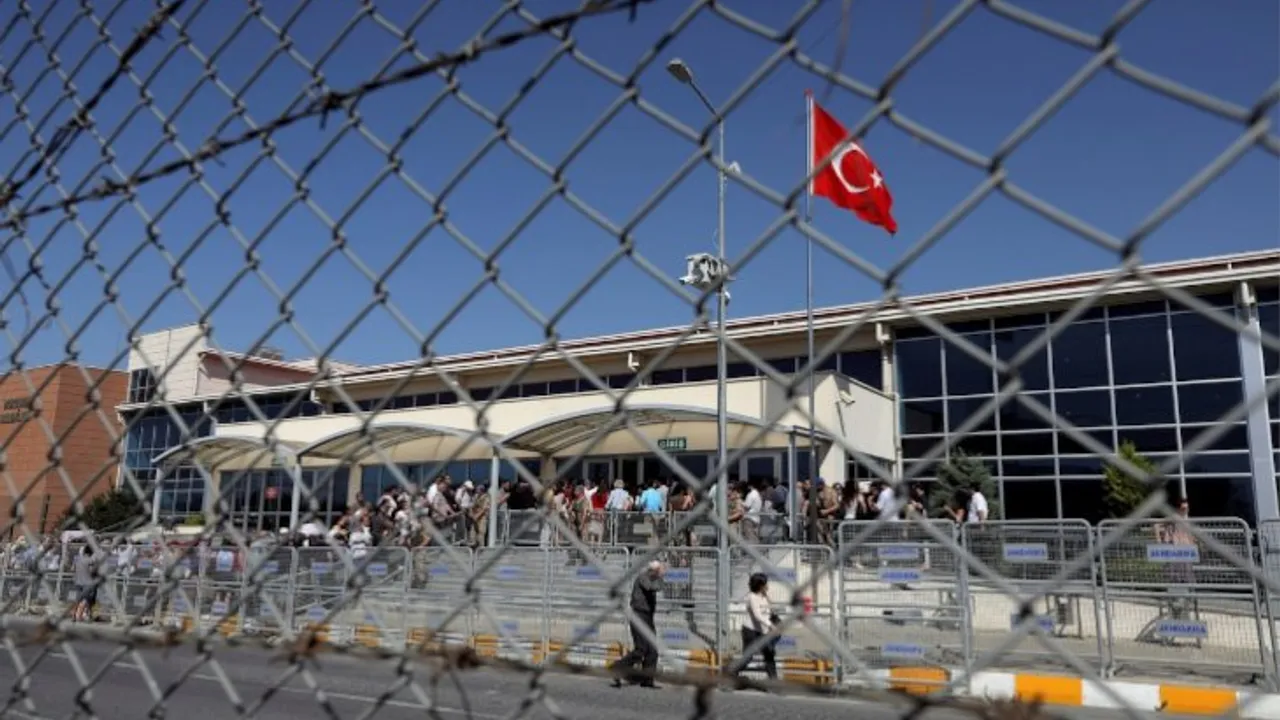Top court rejects CHP's application for annulment of prisoner release law with regards to its 'form'
Turkey’s Constitutional Court has rejected the main opposition CHP's application for the annulment of the recently enacted prisoner release law – in regards to the law’s form. The CHP said in its application that the legal amendment is in fact a “covert special amnesty,” which is why it requires the approval of at least three fifths of lawmakers in parliament.
Duvar English

Turkey's Constitutional Court has rejected main opposition Republican People's Party (CHP)'s application for the annulment and suspension of the new prisoner law in regards to the law's form.
In April, the CHP challenged the legislation in the top court, saying that it is in fact a “covert special amnesty,” which is why it requires the approval of at least three fifths of lawmakers in parliament.
The legislation, drafted by the ruling Justice and Development Party (AKP), passed in parliament on April 14. The AKP and its ally Nationalist Movement Party (MHP) hold a majority of 340 seats in the 600-seat assembly, which is how the early parole bill passed.

The AKP has been very careful not to name the legal amendment as “amnesty,” because an “amnesty” needs to be ratified with the decision of at least three fifths of lawmakers in parliament, in line with the Article 87th of the Constitution. In such a case, there would be a risk of the bill not passing as the opposition stands against it.
In a voting at the Constitutional Court, seven top judges said that the legislation should be considered as an “amnesty,” whereas nine judges said it is “not an amnesty, but a regulation of sentence execution.”
Apart from the legislation's form, the CHP also appealed it with regards to its “substance” (content), arguing that the law is also against the principle of equality for its exclusion of political prisoners.
The top court has not released its decision with regards to the CHP's this second application. It is expected to discuss it in the upcoming days.
The legal amendment halved the sentence issued to inmates, except for those behind bars over charges related to terrorism, drugs, violence against women and children, sexual abuse and deliberate murder.
The government has been criticized many times for misusing the charge of terrorism for its political ends. Jailed human rights activists, journalists and opposition politicians were therefore not among the 90,000 prisoners who were considered for early release with the new law.


